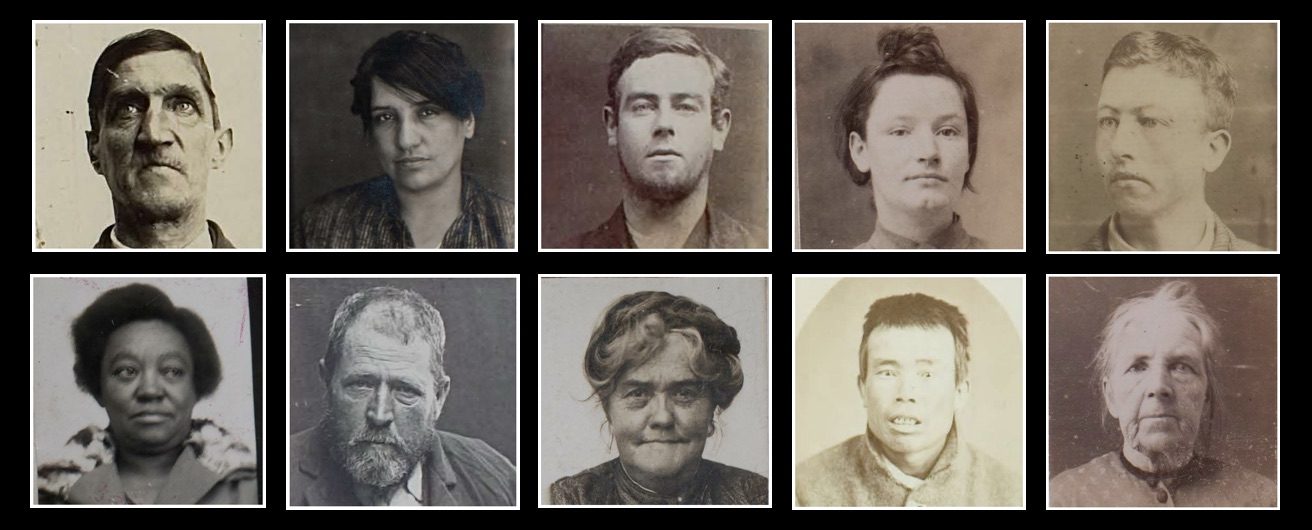Forgery was an offence under sections 208-245 of Victoria’s Criminal Law and Practice Statute 1864, which prohibited various types of forgery, including the forgery of seals, transfers of stock, bank notes, deeds, wills, bills of exchange, Orders of Justices of the Peace or Officers of the Courts, marriage licenses and other instruments. Depending on the instrument forged, the maximum sentence that could apply for forgery varied from 5 to 15 years.
Some of the most dramatic cases of forgery were those involving confidence-tricksters who used forged documents in larger schemes of deception. The mobile nature of the populace of the Australian colonies, particularly during the heady gold-rush period, and the slow means of communication with other parts of the globe, made them perfect locations for such shams. A discussion of the frequency of fraud and forgeries from 1858 can be found here.
